India and Argentina have recently announced a significant partnership in the field of lithium, a critical component in the production of batteries for electric vehicles and various electronic devices. This strategic collaboration is poised to have far-reaching implications for both countries, as well as the global market for electric vehicles and renewable energy technologies.
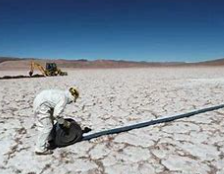

Lithium Partnership with Argentina
India is on the verge of a significant breakthrough in its pursuit of critical minerals, with a deal to acquire five lithium blocks in Argentina nearing completion. The agreement, which will be signed between India’s state-owned Khanij Bidesh India Ltd (KABIL) and Argentina’s state-owned CAMYEN, is a testament to India’s strategic efforts to secure its supply chain for critical minerals. This deal, which involves an investment of around Rs 200 crore over the next five years, is part of India’s broader strategy to reduce its dependence on China and bolster its electric vehicle industry.


This venture follows a similar agreement with Australia’s Critical Minerals Facilitation Office in 2022, marking India’s second international partnership for sourcing critical minerals. To ensure smooth operations, India is also considering setting up an offshore office of KABIL in Catamarca, Argentina.
Argentina’s Abundant Lithium Reserves
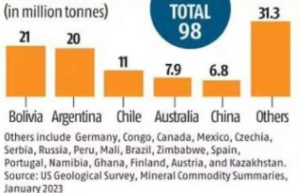
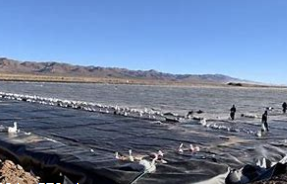
Argentina is a treasure trove of lithium reserves, boasting some of the largest deposits in the world. This wealth of resources has positioned Argentina as a significant player in the global lithium market. With its abundant reserves and growing expertise in lithium extraction and processing, Argentina has emerged as an attractive partner for nations like India, who are seeking to secure a sustainable supply of this crucial mineral.

Argentina is home to 20% of the world’s lithium resources, which amounts to 98 million tonnes. These resources are primarily found in the salt flats of the provinces of Catamarca, Salta, and Jujuy. country’s engagement with Argentina stems from the latter’s cost-effective salt-lake lithium extraction method, which offers a more economical alternative to hard-rock mining. This partnership represents a strategic move towards securing a sustainable and economically viable supply of lithium.
Significance of Lithium for India
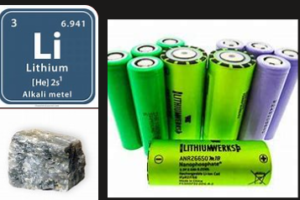
More than just a business deal, this impending agreement signifies the strengthening of bilateral relations between India and Argentina. It underscores the power of international collaboration in achieving sustainable development goals and is set to provide a significant boost to the country’s electric vehicle industry, while also opening up a valuable export market for Argentina’s lithium resources. This is a crucial move for the country, considering the importance of lithium in the manufacturing of rechargeable batteries, which power a wide range of devices including smartphones, laptops, and electric cars.
Lithium has emerged as a crucial resource in the transition towards sustainable energy solutions. With the rapid growth of the electric vehicle industry and the increasing demand for energy storage systems, the importance of lithium has skyrocketed. As the world strives to reduce its dependence on fossil fuels, lithium-ion batteries have become integral to the advancement of clean energy technologies.
India’s Clean Energy Goals
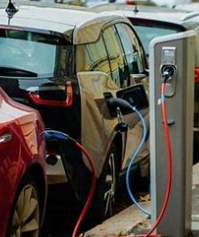
India’s efforts to secure lithium blocks in Argentina will boost its quest for self-reliance in meeting clean energy demands. The exploration and development agreement for five lithium blocks will support the country’s objective of attaining net-zero emissions by 2070 and establishing itself as a manufacturing hub for electric vehicles.
The partnership between India and Argentina in the realm of lithium signifies a strategic alignment between two countries with complementary strengths and shared goals in sustainable development. The lithium deal is poised to have a broader impact on the global market for lithium. As they embark on this collaborative journey, the world will be watching closely to see how this alliance shapes the future of electric mobility and renewable energy on a global scale.











